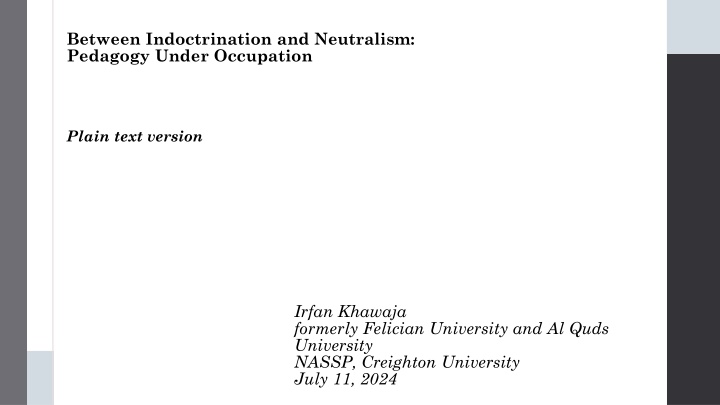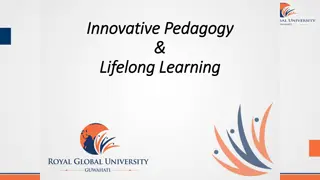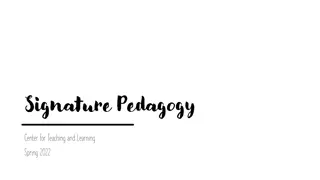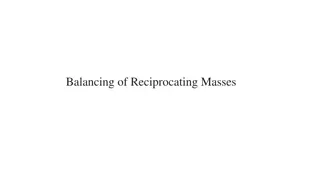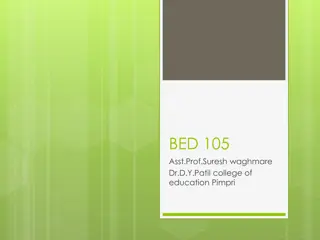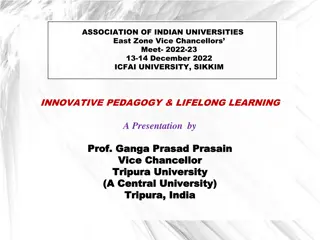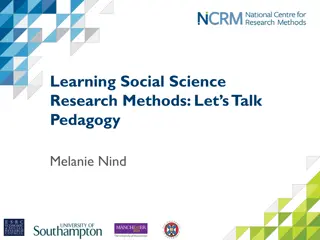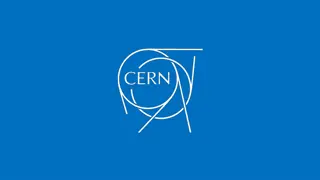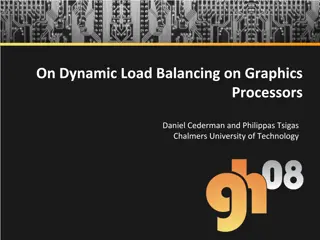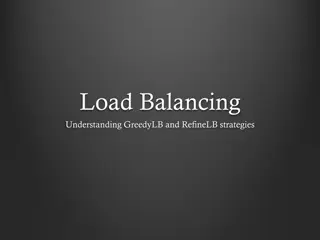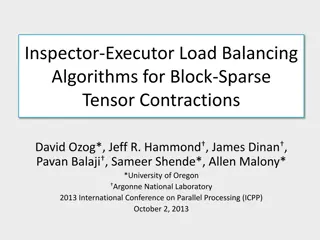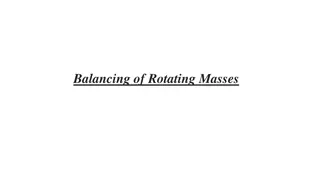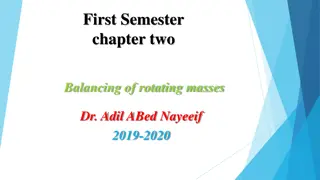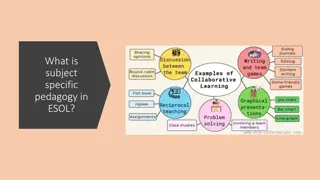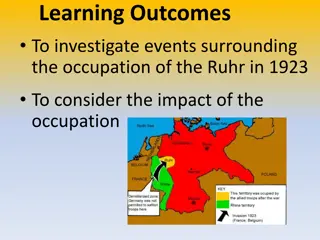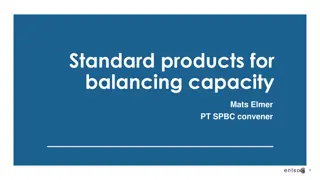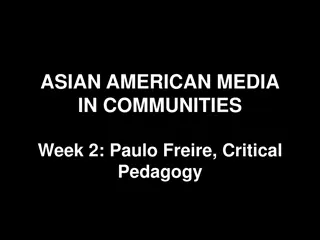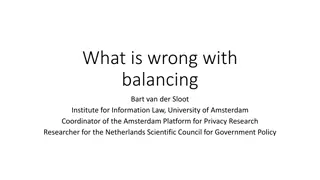Pedagogy Under Occupation: Balancing Indoctrination and Neutralism
The thesis explores the delicate balance between indoctrination and neutralism in pedagogy under occupation. It delves into the extremes of indoctrination and neutralism as well as the concept of virtue as a means between these extremes. The study discusses the characteristics of indoctrination and the ethical implications of malign indoctrination. Additionally, it examines neutralism as a principled refusal to avow personal beliefs in the classroom and its potential as a form of structural indoctrination.
Download Presentation

Please find below an Image/Link to download the presentation.
The content on the website is provided AS IS for your information and personal use only. It may not be sold, licensed, or shared on other websites without obtaining consent from the author.If you encounter any issues during the download, it is possible that the publisher has removed the file from their server.
You are allowed to download the files provided on this website for personal or commercial use, subject to the condition that they are used lawfully. All files are the property of their respective owners.
The content on the website is provided AS IS for your information and personal use only. It may not be sold, licensed, or shared on other websites without obtaining consent from the author.
E N D
Presentation Transcript
Between Indoctrination and Neutralism: Pedagogy Under Occupation Plain text version Irfan Khawaja formerly Felician University and Al Quds University NASSP, Creighton University July 11, 2024
An overview A thesis and a case study Indoctrination and neutralism as extremes Case study: Pol Phil at AQU in OPT, 2013-2017 Generalization by accentuation 2
Means and extremes Virtue as means between extremes; governs a recurring problematic requiring self- governance Pedagogical virtue and the problematic of self-assertion and self-abnegation Indoctrination and neutralism as extremes of doxastic self-assertion and self- abnegation in the classroom
Indoctrination characterized A s attempt to induce belief p in B, where the attempt bypasses the requirements of B s being epistemically justified in believing p. Reflective equilibrium as necessary condition of justification. A buck passing account Compatible with benign and malign species of indoctrination. Malign iff: all in, it is wrong to induce an epistemically justified belief in another.
Malign indoctrinations wrongness Epistemic injustice: undermines the conditions of epistemic virtue. Epistemic injustice: undermines capacity for knowledge/learning. Ethical injustice: treats students as mere means to the instructor s ends. 5
Neutralism characterized Neutralism vs. neutrality: principled refusal vs topic-specific technique Neutralism1: principled refusal to avow any of one s own beliefs in the classroom. Neutralism2: principled refusal to avow one s own substantive beliefs Neutralism3: principled refusal to avow delimited proper subset of one s own substantive beliefs Neutralism4: principled refusal to avow one s own substantive beliefs about normatively controversial matters 6
Neutralism as structural indoctrination Suppose a student asks for a justification of the structure of the class as a whole. Either the instructor answers the challenge or not. If so, she flouts Neutralism4: justification requires first-personal avowal. If not, she engages in indoctrination: she induces acceptance of the point of the class in such a way as to bypass justification. This becomes Malign Indoctrination iff justification is essential to the content of the class itself. 7
Finding the nameless mean Start by avoiding the extremes Identify/avoid the contextually worse or more tempting extreme Avow one s own beliefs iff doing so promotes the justifiedness of students beliefs, e.g., in defending the overall point or structure of the class. Otherwise, adopt neutrality. Puzzle: where else does advocacy promote the justifiedness of students beliefs? How? And why would it? 8
Pedagogy under occupation: the class Invited to teach 300-level pol phil at AQU in Abu Dis, 2013-2017 Western philosophy, American style Taught in multiple simultaneous translation Texts: Plato s Republic, Aristotle s Politics, Machiavelli s Prince, Locke s Second Treatise, Marx s Communist Manifesto, Mill s On Liberty 9
Pedagogy under occupation: the occupation AQU in Abu Dis: Occupation Zone B next to the Wall Essential feature: stateless rightlessness Rightlessness: students experience consists in systematic, deliberate, daily violations of basic rights, including armed attacks on the university itself. Statelessness: no law, no law enforcement, no system of justice, no hope of rescue, no rights of self-defense or due process. Occupation as doxastic preoccupation 10
Engage or evade? A dilemma How to deal with the occupation in a class on political philosophy? Engage: class as how-to for revolution or accomodation? Sounds like indoctrination. Disengage: political philosophy as Olympian spectator? Sounds like irrelevance through self-neutralization. Answer: both. If occupation is students doxastic preoccupation, then total refusal to engage is incompatible with putting their beliefs in reflective equilibrium. But some disengagement is required to preserve the reflectiveness of reflective equilibrium. 11
A pragmatist solution Assume that the occupation demands a response. Assume that the texts either offer guidance on a response or not. Read the texts for what guidance they offer or not. Avow one s own beliefs primarily to guide students on when the texts offer guidance or not, not simply to sound off on what one avows per se. Guide them to reflective equilibrium, not truth per se. Final exam: design an intifada and describe the role (if any) of Western philosophy within it. Office hours: a sounding board on what might/might not work. 12
Re-conceiving the texts Plato: Is the occupation harmful to the occupiers? Aristotle: Is an Aristotelian common advantage possible in Israel- Palestine? Machiavelli: Can Machiavelli s blueprint for occupation be reverse- engineered by the victims? Locke: Is Lockean liberalism the root of the occupation or the way out? Marx: Is class conflict relevant to the occupation? Mill: What are the taboos of Palestinian life today, and what effect do they have? 13
Finding the mean? Not Malign Indoctrination Aim is to meet, not bypass conditions of epistemic justification. Not Neutralism4 Structure and aim of the class is personally avowed by instructor. Injustice of occupation and need for liberation from it taken as defeasible but presumptive starting point. I volunteered my personal views when specifically asked or challenged to. Hitting the mean is a matter of finding the balance between first-person avowal and neutrality that helps bring students beliefs into reflective equilibrium. 14
Generalization by accentuation Pedagogy under occupation both unique and paradigmatic Unique because occupation is unique But paradigmatic because its extremity accentuates or underscores a recurring dynamic while clarifying the solution I hope to have conveyed both things. 15
